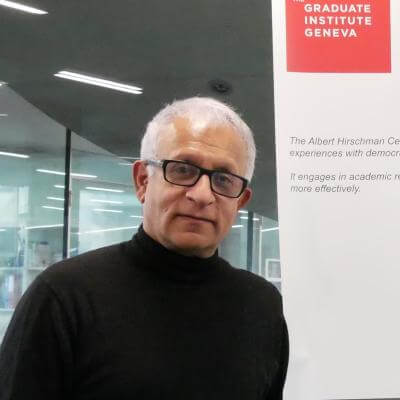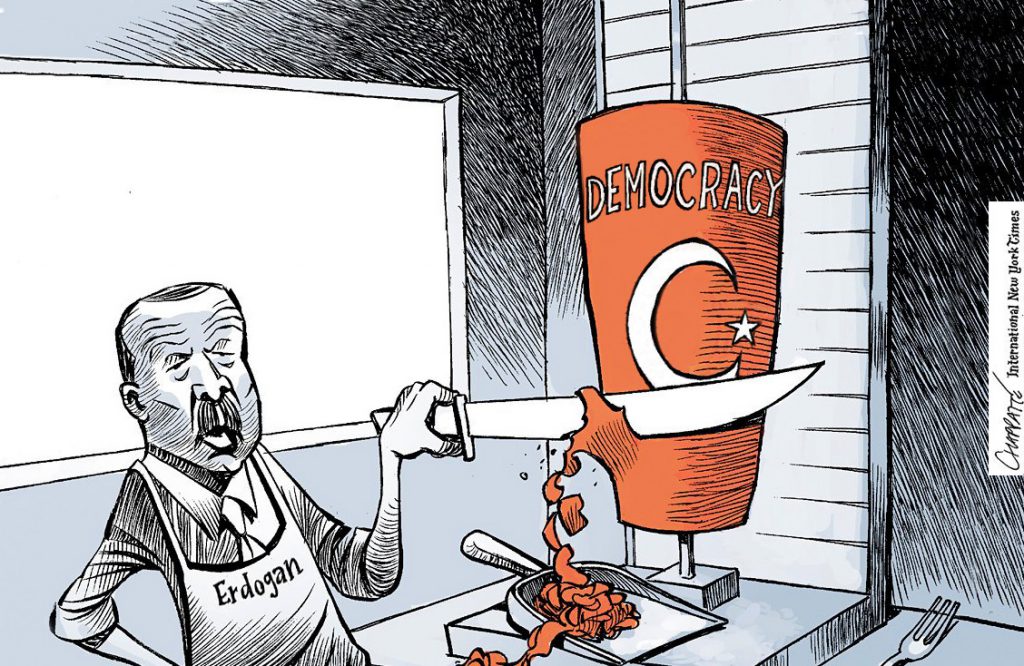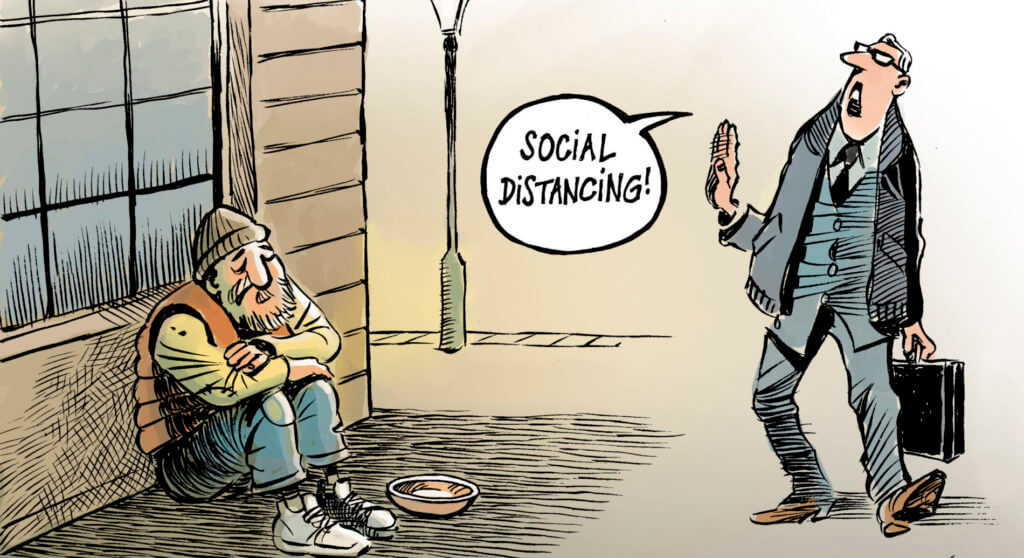While the 20th century has been characterised by the generalisation of democratisation processes, the 21st century seems to have started with the reverse trend. An authoritarian-populist nexus is threatening liberal democracy on a global scale, including in its American and European heartlands. Charismatic leaders – thriving on electoral majorities and popular referenda – methodically undermine the rule of law and constitutional safeguards in order to consolidate their own power basis. Coupling inflammatory rhetoric with modern communication technologies, they short-circuit traditional elites and refuse to abide by international norms. Agitating contemporary scourges such as insecurity, loss of identity, mass migration and corrupt elites, they put in place new laws and mechanisms to harness civil society and political opponents. In order to better understand the novelty, permanence and global reach of “illiberal democracy”, this second issue of Global Challenges proposes seven case studies (Russia, Hungary, Turkey, the Middle East, Uganda, Venezuela and the United States) complemented by a series of expert interviews, maps and infographics.
© Chappatte dans Le Temps, Genève.
-
I

Diplomatic Gambling versus New Diplomacy
Reading time: 8 min -
1
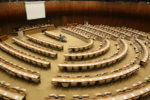
Diplomacy in International Geneva: Beyond Business as Usual
Reading time: 4 min -
2

The Modern Diplomat: Exposed, Endangered and Indispensable
Reading time: 4 min -
3

The New Trade of Trade Diplomacy: What Role for Trade Negotiators in a Trade World on Fire?
Reading time: 5 min -
4

Diplomacy and Decolonisation
Reading time: 4 min -
5

Rethinking United Nations Mediation
Reading time: 5 min -
6

Diplomatic Relations, Artificial Intelligence and Cyber Threats
Reading time: 4 min -
7
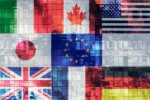
The G7: From Global Governance to Geoeconomics
Reading time: 5 min -
8

Women’s Organisations of Diplomats: A New Era for Diplomacy?
Reading time: 5 min -
9

Evolving Paradigms in Science and Tech Diplomacy
Reading time: 5 min -
10

The Geneva Graduate Institute and the Training of Diplomats in the Context of Decolonisation
Reading time: 5 min -
O

Publications of the Geneva Graduate Institute in the Field of Diplomacy
Reading time: 3 min
Dossier produced by the Research Office of the Geneva Graduate Institute.







